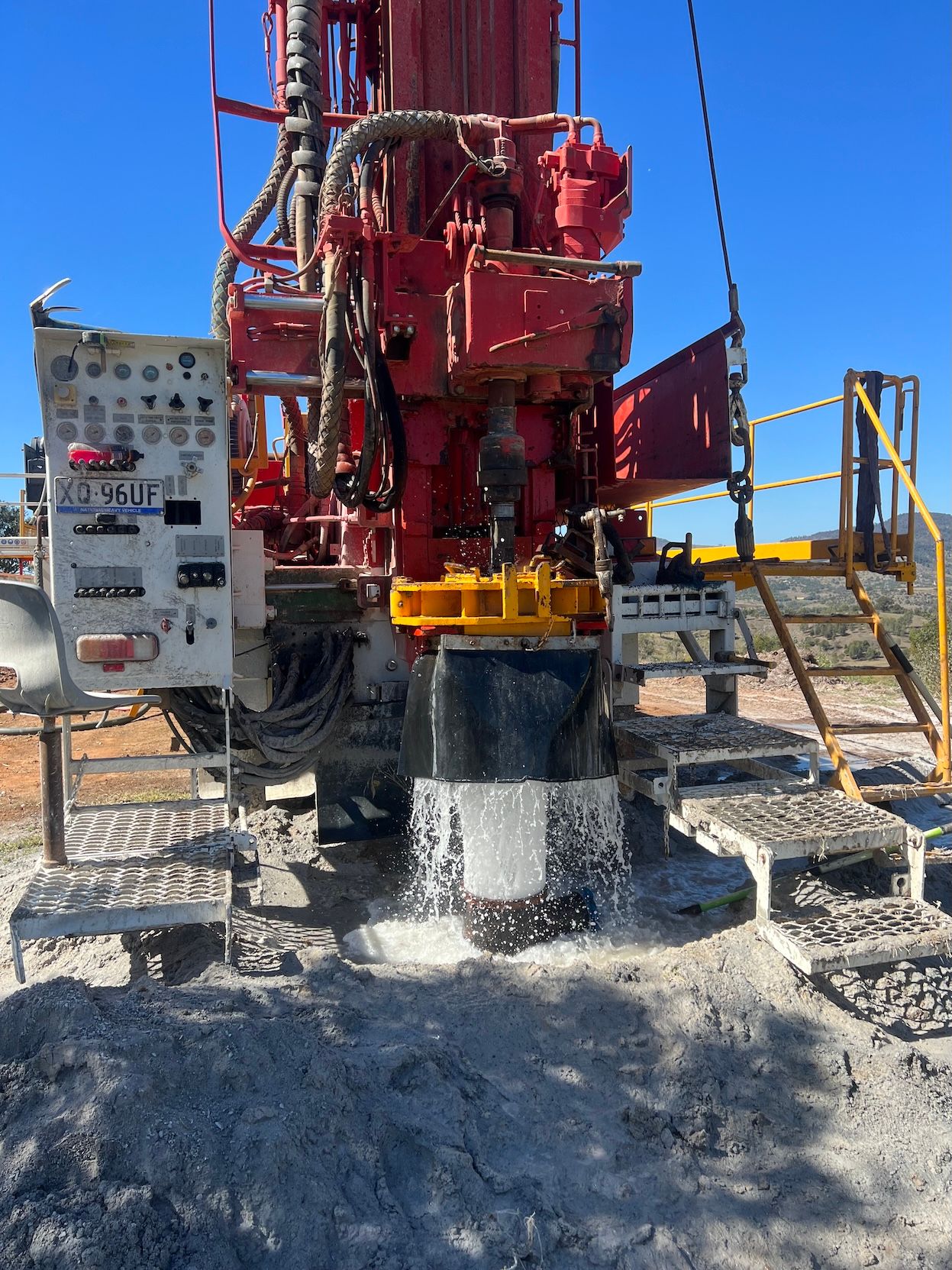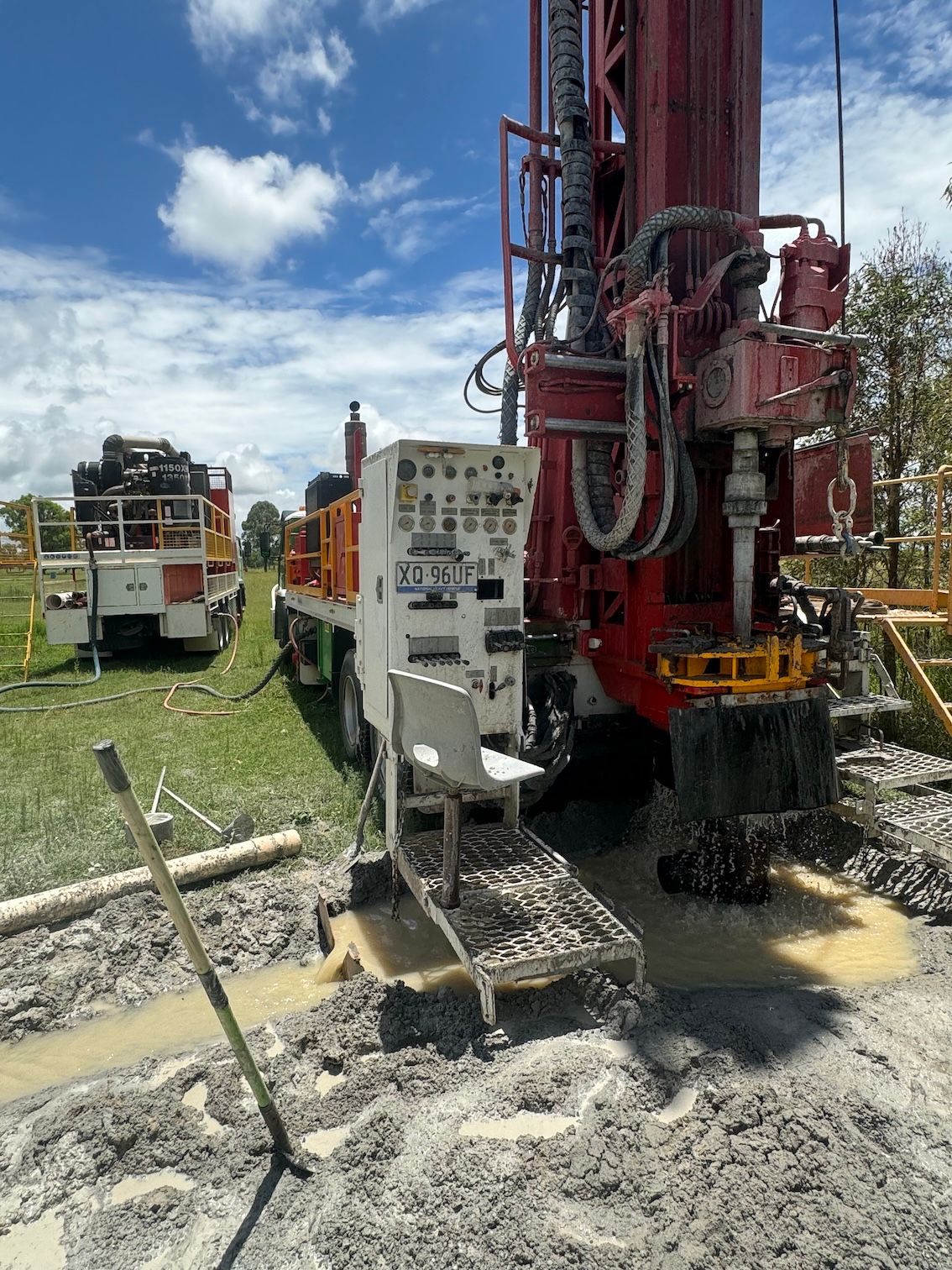Alluvium Irrigation Bores in Toowoomba
- Proven drilling techniques to access water from alluvial deposits
- Efficient bore construction tailored to your land’s unique conditions
- Ideal for boosting irrigation on farms & rural properties
Toowoomba Alluvium Irrigation Bores
When land sits on sandy or silty soil, consistent access to groundwater can be a challenge, but alluvium irrigation bores offer a smart solution. Using specialised techniques and equipment, Kowaltzke Drilling Services helps clients across the Toowoomba region tap into shallow underground water trapped in alluvial deposits.
These are the soft layers of sand, silt and gravel left behind by flowing water over time, and they often hold valuable groundwater ideal for farm irrigation. Unlike deeper hard rock bores, these types of bores are quicker to drill, easier to access and often perfect for keeping crops, turf or pasture green and growing all year round.
Alluvium irrigation bores can make a big difference to how you manage your land and water use. For expert water bore drilling that suits your soil and water needs, call us today on
07 5462 1161.
Drilling Through Loose Ground
Drilling through loose or unconsolidated ground takes a different approach than going through rock. Our team is experienced in navigating shifting sands and layered silts to ensure your irrigation bore is drilled cleanly, cased properly and delivers the water flow you’re looking for.
We understand the balance between depth, yield and water quality in these kinds of bores, and we use the right techniques to avoid issues like bore collapse or silting. Whether you’re growing vegetables, running pasture for stock or managing a larger commercial farm, we make sure your bore suits both the land and the purpose.
Keen to maximise water efficiency with a reliable irrigation source? Let’s chat about whether an alluvium irrigation bore is the right fit for your property.
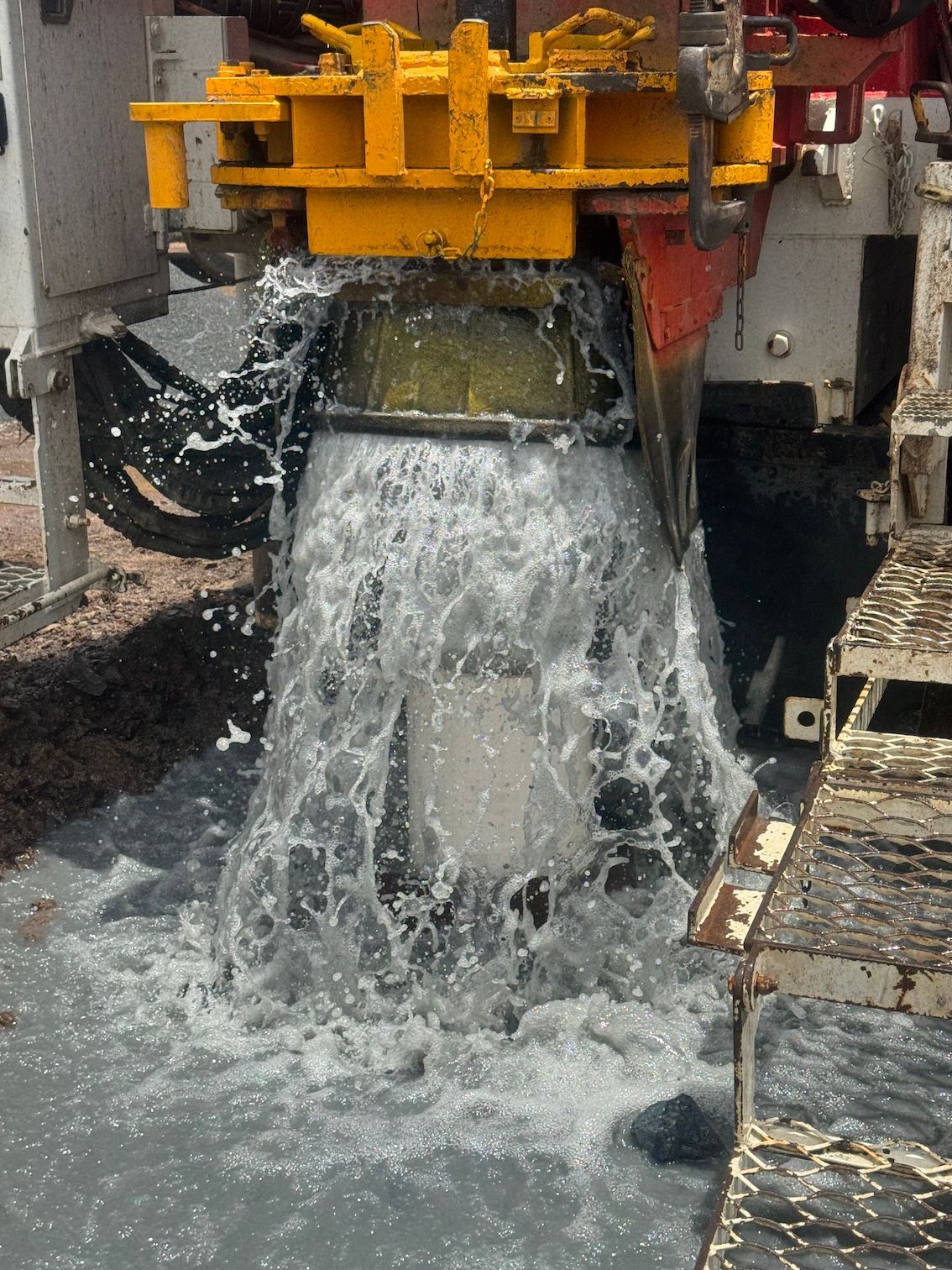
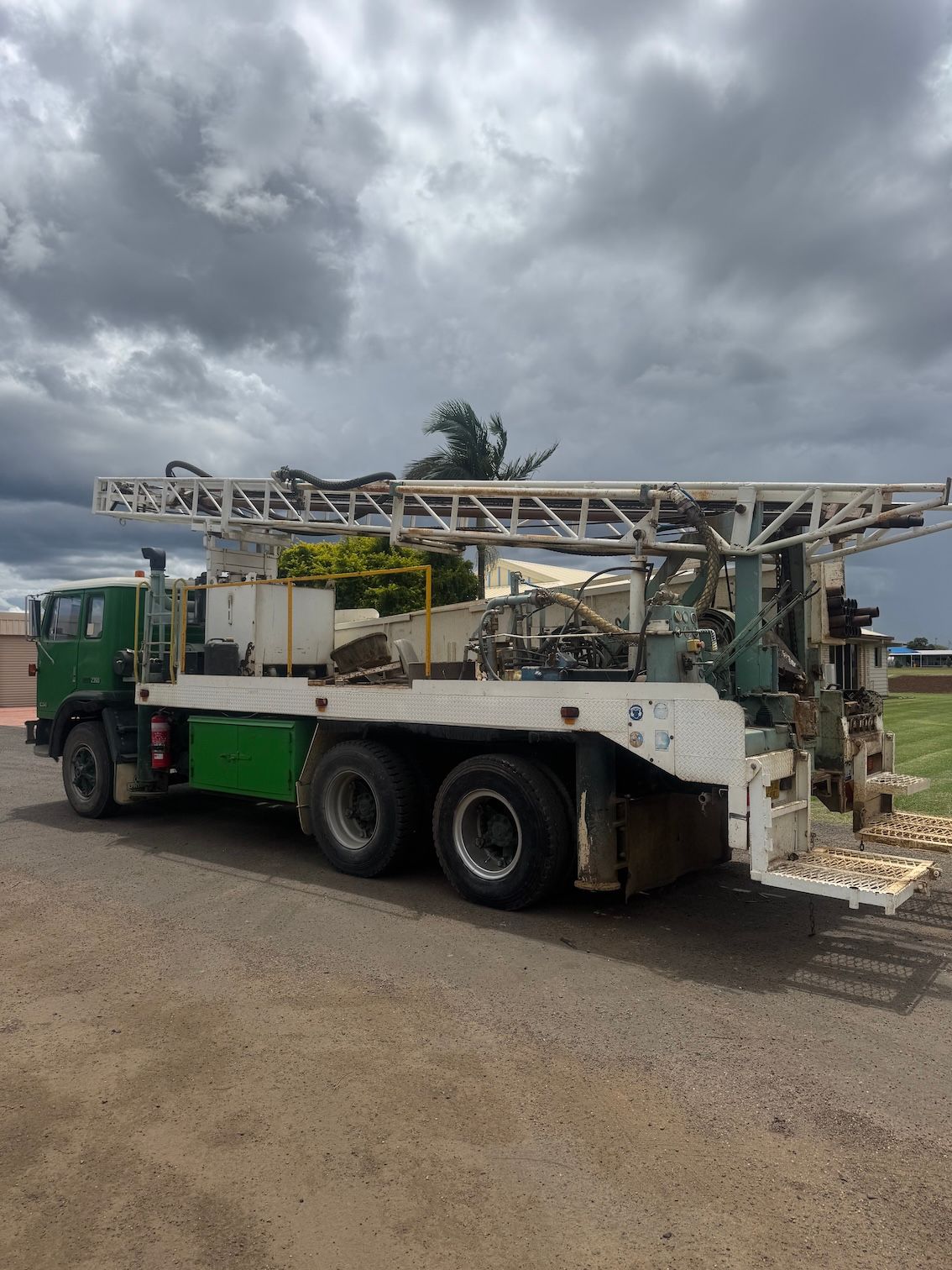
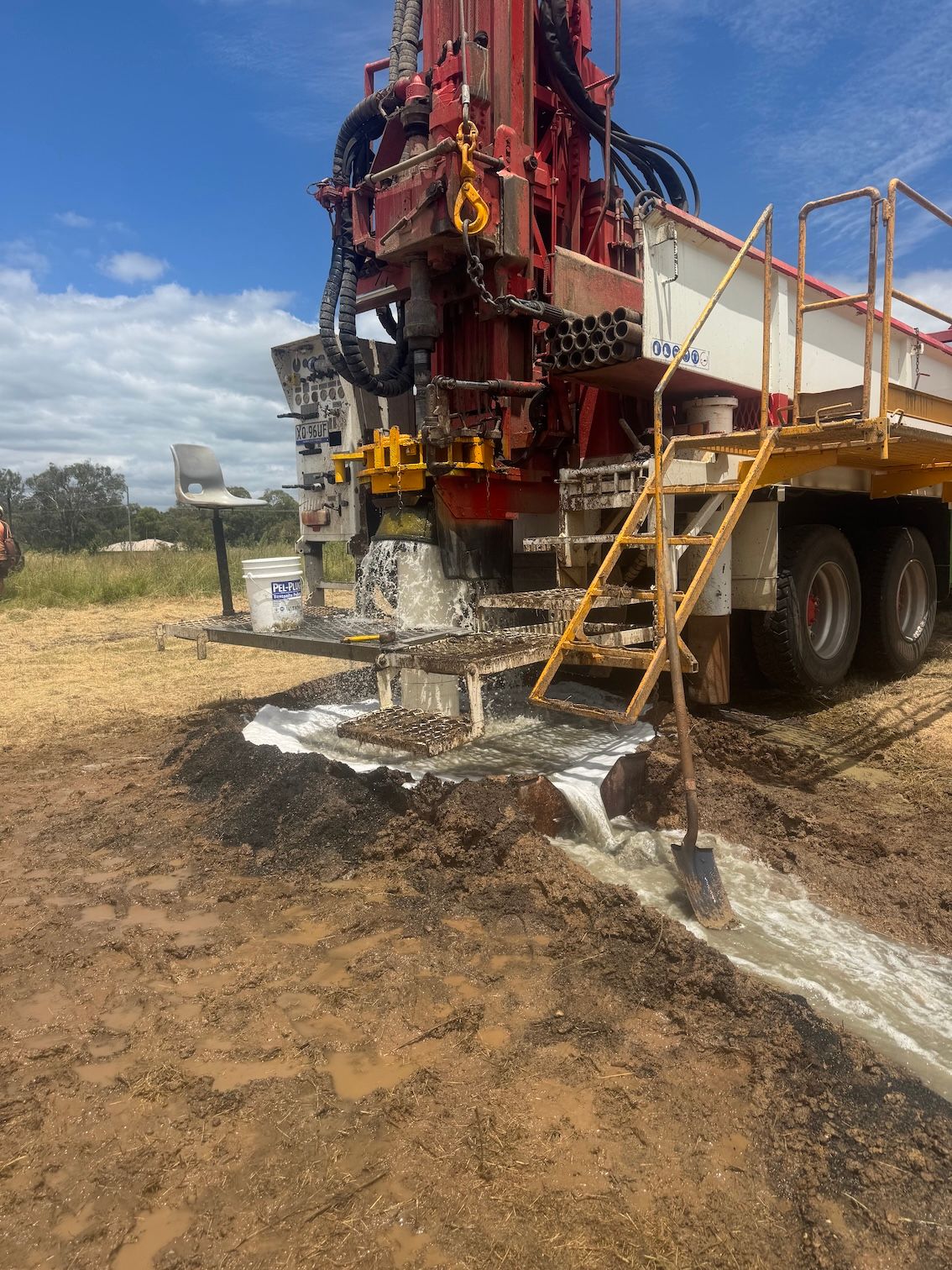
Frequently Asked Questions
What is an alluvium irrigation bore?
An alluvium irrigation bore is a water bore drilled into alluvial soils—loose layers of sand, silt or gravel typically found in floodplains or valleys. These layers often contain shallow groundwater, making them ideal for supplying water to crops, pasture or rural properties needing consistent irrigation.
How deep are alluvium irrigation bores usually drilled?
Alluvium irrigation bores are generally shallower than deep rock bores, typically ranging from 10 to 50 metres depending on the location and water table. Depth is influenced by the thickness of the alluvial layer and groundwater availability in the region.
Can alluvium bores supply enough water for farming?
Yes, when properly located and drilled, alluvium bores can supply reliable water flow for farming and irrigation. Their success depends on the permeability of the soil, aquifer recharge rates and correct bore construction to prevent collapse or clogging.
